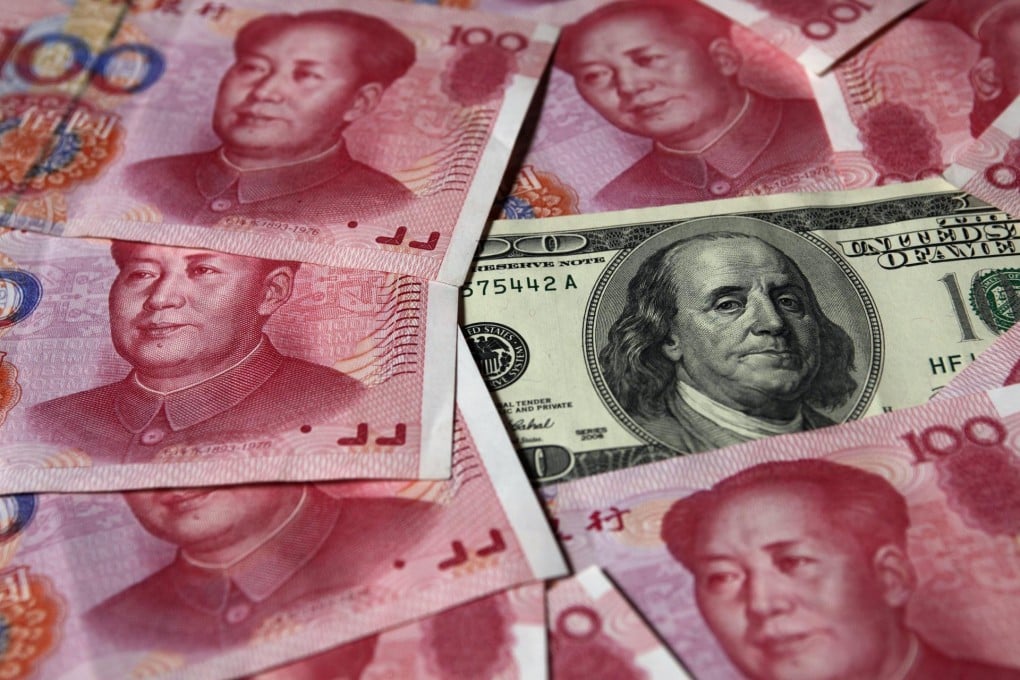Book review: The Contest of the Century, by Geoff Dyer
Acu, 280 kilometres north of Rio de Janeiro, has been transformed from a seaside village into a huge port with a pier 3.2km-long which can handle Chinese ships that carry 400,000 tonnes of iron ore in a single journey.

Acu, 280 kilometres north of Rio de Janeiro, has been transformed from a seaside village into a huge port with a pier 3.2km-long which can handle Chinese ships that carry 400,000 tonnes of iron ore in a single journey. It is the "new highway" to China, which has overtaken the US to become the largest trading partner and largest foreign investor in Brazil.
This reshaping of the world by a rising China is one of the main themes of The Contest of the Century by Geoff Dyer, a journalist in the Washington bureau of the Financial Times. Previously, he worked as its bureau chief in Beijing, in Shanghai and also in Brazil, giving him the expertise to cover this important topic.
"China has started to make the crucial shift from a government that accepts the existing rules to one that seeks to shape the world according to its own national interests," he writes.
The first section deals with the military contest in Asia between China and the US. The second covers the political challenges China is presenting, including its huge investment in soft power, human rights and nationalism. The final section covers Beijing's plan to challenge the US dollar with the yuan and the boom in Chinese finance and investment.
The book is well researched, with detailed information, interviews and evidence to support Dyer's arguments. It will provide new information to the reader.
The two most interesting chapters are those on the economy. HSBC predicts that by 2015, at least half of China's trade with the developing world, around US$2 trillion, will be in yuan. "The world is slowly, but surely, moving from greenbacks to redbacks," says Qu Hongbin, its China economist.
